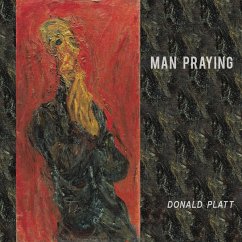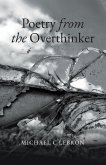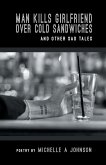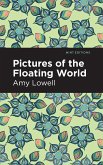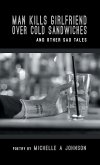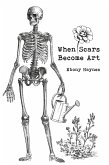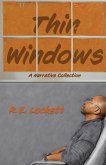In his sixth book, Donald Platt starts a poem by exclaiming, "The days are one thousand / puzzle pieces." He gathers up the days into this book of terrors and ecstasies decanted in seamlessly reversing tercets of long and short lines, syllabic couplets, and lyric prose. The puzzle pieces include a dying father-in-law, AIDS, maimed World War I veterans, Caravaggio's painting of the beheading of St. John the Baptist (his largest canvas), and the story of a gay boxer who KOs and kills the opponent who has called him a faggot at the weigh-in. It is a book that encompasses contradictions. The poet writes about his bisexuality, his close and intimate marriage, Rudolf Nureyev, a daughter with manic depression, a painting by James Ensor entitled Christ's Entry into Brussels in 1889, and la Playa los Muertos, the Beach of the Dead in Puerto Vallarta, Mexico. The poet puts these fragments of a life together into a thousand-piece jigsaw, a self-portrait of the artist in middle age, and calls it unabashedly Man Praying. These poems--powered by Donald Platt's extensive curiosity---spin out his fascinations in such loving detail that I am persuaded to look closer, not only at what his mind examines, but the world itself. By turning and turning his subjects before our eyes, he deepens our awareness of life's complexities and wonders, and offers a testament to the power of intelligence to foster a sense of purpose and belonging. His gaze is a kind of reverence. --Bob Hicok Want a narrative poem that doesn't sound dated, or clunky, or stunt-like? Platt did, so he wrote one ["The Main Event"]: in 1962 one professional boxer killed another, in the ring, on live TV. The victim, Benny "The Kid" Paret, had called the killer, Emile Griffith, "a maricón / Cuban slang for 'faggot.'" Griffith would later "become / world champ four more times"; he was, in fact, gay, and was once "beaten almost / to death by five young / homophobes, one with a baseball bat." If you're wondering why there should be narrative poems or reported stories in verse even today, one answer is that stories like this one benefit from the compression of verse, its ability to focus on single phrases and words. Another answer is Platt's poem. --Steph Burt, bostonreview.net/blog This poet is fearless. "I like to think. . . ." So goes the first line of Man Praying but it's dreaming at stake too, a man dreaming with heart, curiosity, pain. "The days are one thousand/ puzzle pieces," the poet tells us, without despair. And thus these rambling meticulous poems open to the world grandly and in the smallest ways--how artists see (Rivera, Caravaggio, Mary Hambleton, Brancusi, for starters); how others reinvent the body (Nureyev, boxers, and whoever wrestles like Jacob with whatever angel); how some die and the rest of us survive, for now. Which is to say, the dead and the living walk through these poems--father, daughters, all family as guardians, fellow travelers, radiant lights. Donald Platt's rare mix of story sacred and profane cut with lyric discovery fills these pages. "Silence, final word, sear my mouth," the poet says. But I say: Silence, don't listen to him. --Marianne Boruch
Hinweis: Dieser Artikel kann nur an eine deutsche Lieferadresse ausgeliefert werden.
Hinweis: Dieser Artikel kann nur an eine deutsche Lieferadresse ausgeliefert werden.

